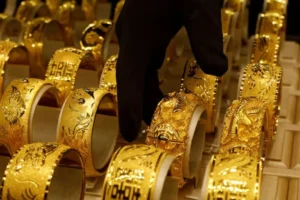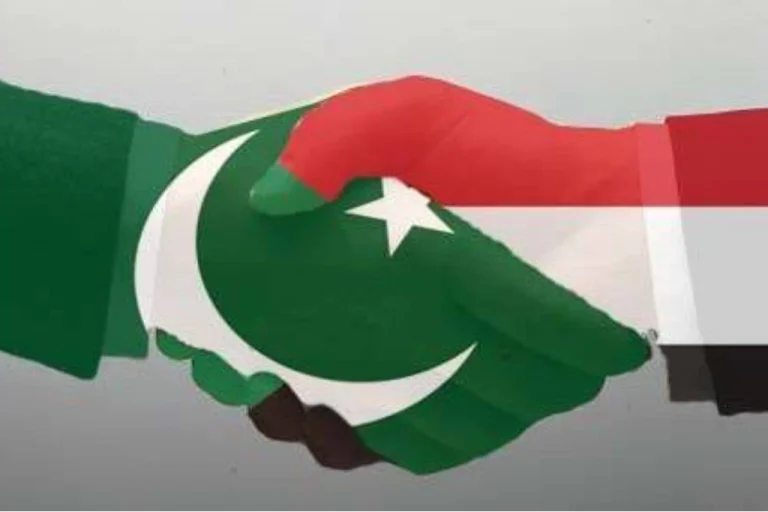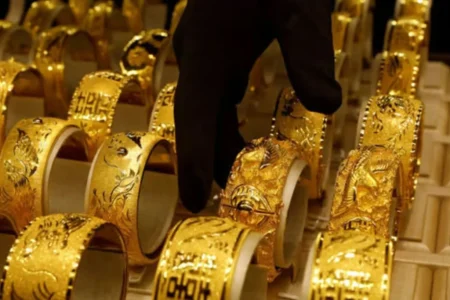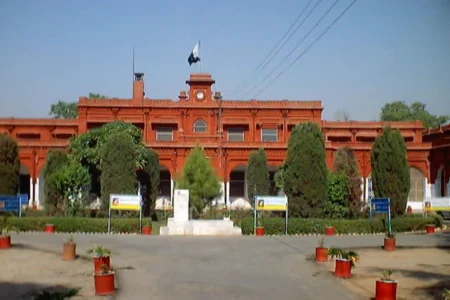This year, the economic relationship between پاکستان and the یو اے ای has taken a meaningful turn. Trade between the two countries has grown more than 20%, reaching around $10.1 billion, according to official figures. It’s not just a number — it shows that both sides are building stronger connections, not only in trade but also in other key areas.
What we are seeing now is broader cooperation — whether it is in energy, IT, or business investment. You can feel the change lately — companies, professionals, and even small investors are starting to find more ways to work together across both countries. Pakistan and the UAE are not just trading more — they are starting to build something longer-term, based on mutual understanding.
Trade Growth Shows Renewed Confidence
The 20.24% trade growth in FY25 reflects a healthy shift in economic activity between Pakistan and the UAE. In practical terms, this increase represents:
| Year | Bilateral Trade Value |
| FY24 | $8.4 Billion |
| FY25 | $10.1 Billion |
This rise is not just numbers—it is about the growing trust and alignment in business interests, driven by government cooperation and private sector ambition.
Bilateral trade between Pakistan and the United Arab Emirates (UAE) surged to $10.1 billion in FY25, marking a 20.24% increase from the previous year, according to the State Bank of Pakistan (SBP)#TradeGrowth #BilateralTrade #EconomicDevelopment #UAEEconomy#UAETrade#UAEPakistan pic.twitter.com/oYZ9jugudY
— Pakistan Truth (@pakistantruth_) July 23, 2025
Export Push: Narrowing the Trade Gap
While the UAE remains a key exporter to Pakistan, the recent focus is on boosting Pakistani exports to reduce the trade imbalance. It strongly promotes:
- Food and agriculture products (rice, fruits, meat)
- Textiles and garments
- IT and digital services
- Skilled manpower
Pakistan’s expanding tech ecosystem and food exports have started gaining traction in UAE markets. With easier customs facilitation and targeted trade exhibitions, SMEs and exporters are being encouraged to tap into Emirati demand.
JMC Revival: A Strategic Milestone
This year, after being inactive for quite some time, the Pakistan-UAE Joint Ministerial Commission started working again. It’s helping both sides talk more openly and work through important policies together.
- New MOUs signed in energy and IT
- Joint working groups on infrastructure, tourism, and green investment
- Support for climate-resilient projects and knowledge exchange
The JMC is being seen as a reset button, laying down long-term frameworks for public-private partnerships (PPP) and sustainable development goals (SDGs).
The 12th session of Pakistan-UAE Joint Ministerial Commission (JMC) was held in Abu Dhabi on 24 June 2025. It was co-chaired by Deputy Prime Minister/Minister of Foreign Affairs of Pakistan, Senator Mohammad Ishaq Dar @MIshaqDar50 , and Deputy Prime Minister and Minister of… pic.twitter.com/BiZ5bL4SY0
— Ministry of Foreign Affairs – Pakistan (@ForeignOfficePk) June 25, 2025
Remittances: A Lifeline for Economic Stability
The UAE continues to be Pakistan’s second-largest remittance source, sending over $7.83 billion annually. These inflows:
- Support millions of households in Pakistan
- Stabilize the country’s current account
- Reflect the value of skilled Pakistani workers in the Gulf region
With rising wages, labor mobility agreements, and professional skill certifications, this trend is expected to grow further in 2025.
Key Sectors in Focus
| Sector | Focus & Opportunities |
| Energy | Renewable energy projects, oil & gas joint ventures, grid upgrades |
| IT & Digital | Pakistani startups exporting services, UAE investments in software hubs |
| Skilled Labor | Vocational training, blue-collar upskilling, labor rights reform |
| Human Capital | Education partnerships, women’s entrepreneurship, talent pipelines |
Also read this: How Freelancers Are Fueling the UAE’s Economy







